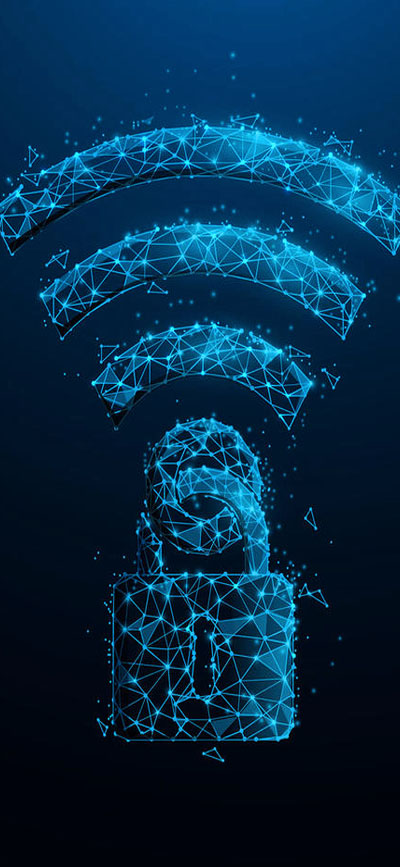and Collaboration
It is two years since the COVID-19 pandemic has disrupted everything, including the way we do business and how we communicate. No industry and sector have remained unscathed, and while great uncertainty remains regarding its impact, one thing is certain, it has led organizational modes, which organizations will want to retain long after the pandemic, and has also given us a glimpse of the future, and that future is now.

Remote working in times of crisis, this flexible option can be a ‘new normal’.
With Covid-19, we all had to rethink how we interact, taking remote collaboration to a next level, and digital has played a big role.
The biggest impact of Covid-19 in work environments may be the way in organizations have rapidly introduced new ways of working. It has caused most of businesses across the globe to transition to a remote work environment at unprecedented speed and scale, and has making now, remote working a ‘new normal’. However, while remote work offers many benefits, it presents special security challenges that are not present in traditional office environments.
Telework-related threats and Cyber security considerations
Practiced by more and more organizations and popular with employees, teleworking is becoming a strong trend. With its implementation, the opening of the information system to the outside allows to access from anywhere, however, its uncontrolled implementation can considerably increase the security risks. Cybercriminals will seek to take advantage of the possible disorganization of companies and organizations to intensify their attacks, such as Spyware, Phishing, Ransomware, Data theft... The increase in the number of threats related to telework has led IT-Towers to propose a set of recommendations, in order to best preserve the security of organizations and better strengthen their immunity :
- Use the tools recommended by your company: as far as possible, favor the use of tools made available, secure and controlled by the company.
- Secure your external accesses: by using "VPN", limit the opening of your remote accesses to only authorized people and equipment, and strictly filter these accesses on your firewall.
- Define a policy for infrastructure management: set up logging of the activity, strengthen your password management policy, harden data backup , and have a strict policy of deploying security updates.
- Raising employees awareness : we strongly recommend training campaign that make users aware of the IT security issues.
- Prepare for a Cyber Attack: news shows that no one, is immune to a cyber attack. The evaluation of possible attack scenarios makes it possible to anticipate the measures to be taken when it occurs.
Summary
In most office jobs, working from remote place has been an option for long time. The pandemic, however, has seen this trend climbing. In a post-COVID era, this flexibe option can be a ‘new normal’. As leaders look to the future, most of them have understood the necessity for accelerated the adoption of digital tools. However, remote work presents a challenge for informations security because its environments don't usually have the same safeguards as in the office, but working remotely or not, security is always a constraint that must be accepted in proportion to the challenges that can prove to be vital for companies - so, it is time to take remote collaboration to the next level.
